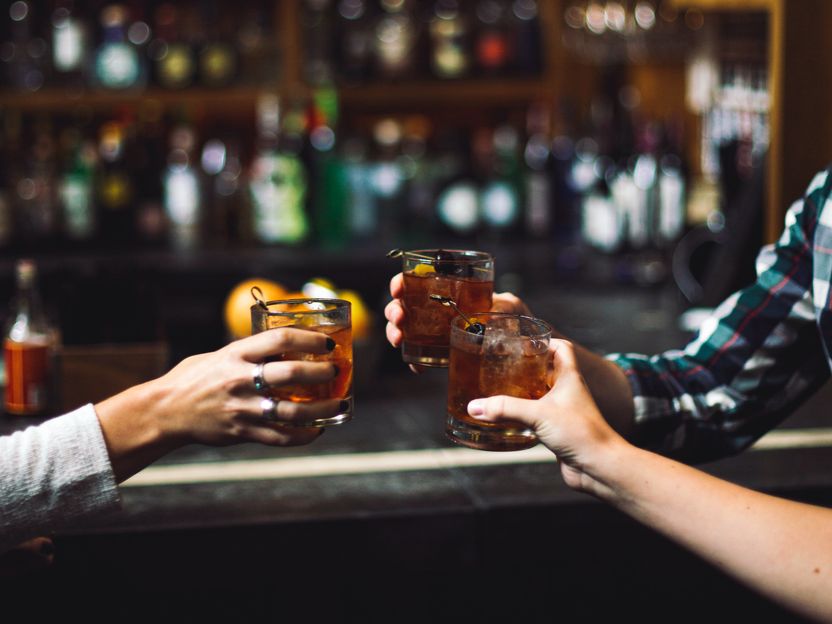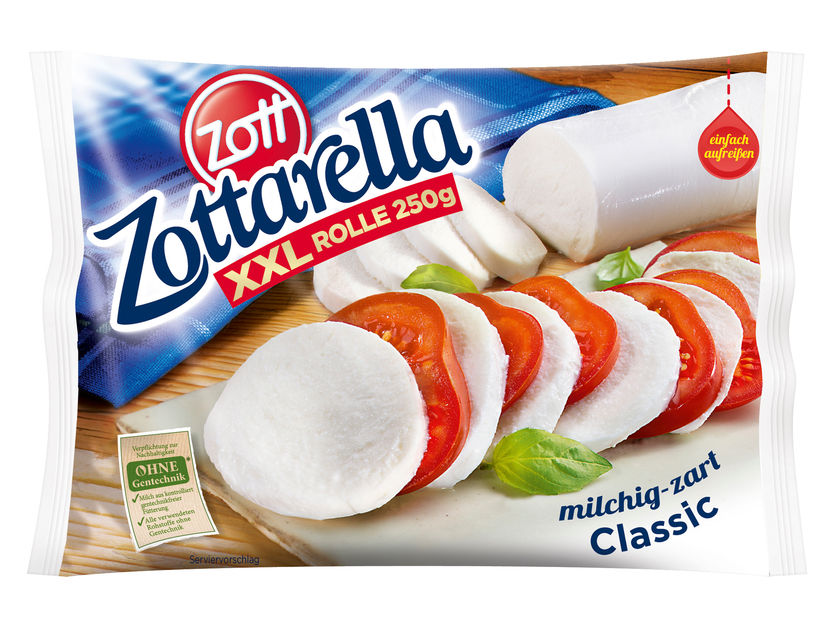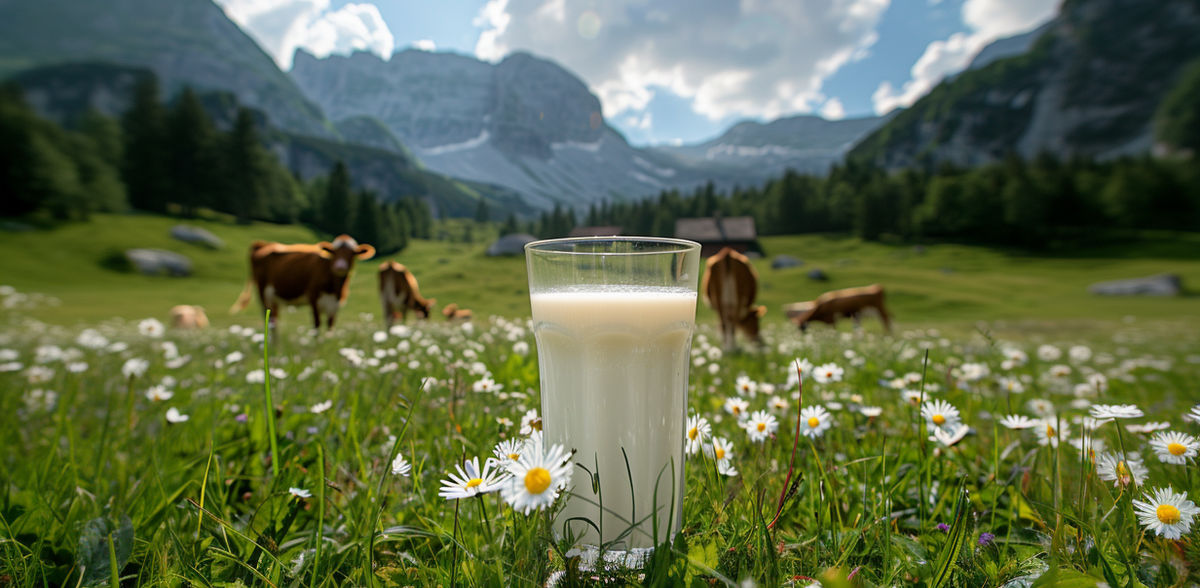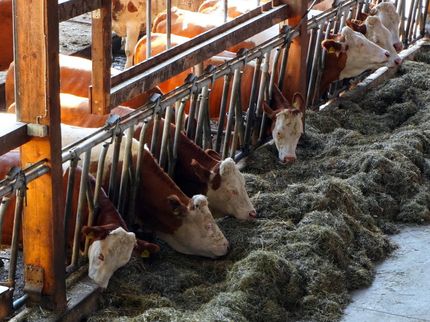Hay milk is an agricultural world heritage site
The "traditional haymilk farming in the Austrian Alpine arc" is now a World Agricultural Heritage Site. This was decided by the Food and Agriculture Organization of the United Nations - FAO for short - and the corresponding award was presented at a ceremony in Salzburg. "The designation of hay-milk farming as a World Agricultural Heritage Site is not only recognition for hay-milk farmers, but also a mandate to preserve and further develop this sustainable form of farming," explained Karl Neuhofer, Chairman of ARGE Heumilch, in front of around 800 members and numerous stakeholders. Norbert Totschnig, Austrian Federal Minister for Agriculture, Forestry, Regions and Water Management, added: "Our hay milk is a piece of Austrian tradition that combines sustainability, quality and regionality. I am proud that our hay farming is now recognized as a global speciality. It is an award for our agriculture, our ecology, our cultural landscape and our traditional farming methods. I am convinced that the recognition as a World Heritage Site will further increase the awareness of hay milk across national borders."
Hay farming has global significance
The FAO recognizes agricultural systems that have been developed by farmers for generations to provide food, preserve ancient traditions and protect natural resources. Certain criteria must be met for the World Heritage Site: It must be a unique agricultural production system that is spatially delineated and whose preservation is essential for the future. One of the prerequisites is the historical background of an overall system that is constantly evolving. "An agricultural world heritage site must have global significance as a model for sustainable agriculture that represents a valuable heritage. Traditional haymaking in the Austrian Alpine arc fulfills these criteria in an outstanding way. It is the first agricultural World Heritage Site in the German-speaking world," says Yoshihide Endo from the FAO.
Added value for hay milk farmers
Since the start of ARGE Heumilch Österreich's marketing campaign, the added value, sales and awareness of hay milk have been continuously increased both at home and abroad. The 590 million kilograms of hay milk produced annually are 100 percent marketed. "The added value for hay milk farmers today is 30 million euros per year. Our aim is to keep the value at this high level," explained Christiane Mösl, Managing Director of ARGE Heumilch, today. She wants to use the award to provide even more information about sustainable hay farming. "Many consumers appreciate the quality of hay milk. The award helps us to continue to raise awareness of this special farming method and its benefits for the environment and biodiversity. In our spring campaign, which starts in March, we will be using the headline 'World class. Haymilk is world cultural heritage', we will once again be able to attract a lot of attention to haymilk in Austria and Germany," said Mösl.
Sustainable tradition
Haymilk farming is the most original form of milk production. Hay-milk cows are fed fresh grasses and herbs in summer and hay in winter. Fermented feed such as silage is strictly prohibited. The mosaic-like cultivation promotes biodiversity. The cultivation of permanent grassland preserves meadows, pastures and mountain pastures, which are valuable CO2 reservoirs. The fact that this farming method is still practised today is primarily due to the small structures with family-run farms in the grassland mountain regions and the great cheese-making tradition. "Haymilk farmers have always adapted to changing conditions," said Karl Neuhofer. "By thinking and acting sustainably, they are now ensuring that the hay milk industry remains a living system for future generations." Many farms now use state-of-the-art technologies, "from mechanical hay harvesting to the use of photovoltaics for hay drying", said Neuhofer.
Note: This article has been translated using a computer system without human intervention. LUMITOS offers these automatic translations to present a wider range of current news. Since this article has been translated with automatic translation, it is possible that it contains errors in vocabulary, syntax or grammar. The original article in German can be found here.
Most read news
Other news from the department business & finance

Get the food & beverage industry in your inbox
By submitting this form you agree that LUMITOS AG will send you the newsletter(s) selected above by email. Your data will not be passed on to third parties. Your data will be stored and processed in accordance with our data protection regulations. LUMITOS may contact you by email for the purpose of advertising or market and opinion surveys. You can revoke your consent at any time without giving reasons to LUMITOS AG, Ernst-Augustin-Str. 2, 12489 Berlin, Germany or by e-mail at revoke@lumitos.com with effect for the future. In addition, each email contains a link to unsubscribe from the corresponding newsletter.
Most read news
More news from our other portals
Last viewed contents

For a healthy fruit snack, what would you choose? - Forget gummies – UMass Amherst study finds dried fruit has the highest nutritional value
Stealing the spotlight in the field and kitchen

Small amounts of liquorice raise blood pressure

Alcohol Alternatives Aren’t Just For Dry January





























































